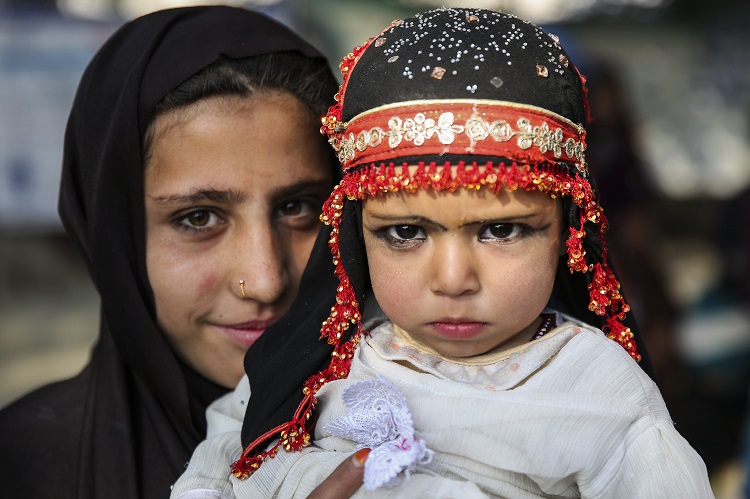 8 July 2021 – The second meeting of the Regional Subcommittee for Polio Eradication and Outbreaks took place virtually on 1 July 2021, bringing together ministers of health and officials from across the Eastern Mediterranean Region.
8 July 2021 – The second meeting of the Regional Subcommittee for Polio Eradication and Outbreaks took place virtually on 1 July 2021, bringing together ministers of health and officials from across the Eastern Mediterranean Region.
Convened by Dr Ahmed Al-Mandhari, WHO Regional Director for the Eastern Mediterranean, the Committee brings together Member States to focus on renewing regional solidarity and commitment to achieve polio eradication.
The spread of polio in the Eastern Mediterranean Region remains designated as a Public Health Emergency of International Concern (PHEIC) under the International Health Regulations (IHR 2005). Wild poliovirus remains endemic in 2 countries (Afghanistan and Pakistan), and outbreaks of circulating vaccine-derived polioviruses type-1 (cVDPV1) and type-2 (cVDPV2) have also emerged, the latter expanding significantly in the Region.
Addressing the meeting, Dr Al-Mandhari said “While this assembly is still relatively new, I am heartened by the way that the Region is prioritizing this emergency. Poliovirus circulation inside our borders and inside our Region is our problem – and its eradication will be our solution.’
The forum was updated on the epidemiological situation and polio risks in the Region, as well as key programmatic developments, including the visit of the Polio Oversight Board to Pakistan in June and the launch of "Delivering on the Promise of a Polio-free World, the new Polio Eradication Strategic Plan 2022-2026", developed in close consultation across Global Polio Eradication Initiative (GPEI) stakeholders. The strategy lays out the roadmap to securing a polio-free world, promoting collective ownership and accountability, and enabling affected Member States to provide the necessary support, expertise and mobilization of resources to ensure a regional solution and long-term success.
In her opening remarks, Committee Co-chair, H.E Dr Hala Zayed, Minister of Health and Population, Egypt, congratulated the GPEI on the launch of the new strategy, reminding committee members that ‘a strategy means nothing if we don’t implement it. Empowering local leaders. Engaging communities. Identifying and vaccinating persistently missed children. This is where we must focus our energy and work closely with partners on the ground to have the most impact.’
Member States were also updated on preparations for the introduction of novel oral polio vaccine type 2 (nOPV2), an improved version of the workhorse of the polio programme. nOPV2 has the potential to quickly stop outbreaks of vaccine-derived poliovirus type 2 (VDPV-2) and was recommended by WHO for emergency use in November 2020. Preparations for the use of the vaccine, which are under way across the Eastern Mediterranean Region, include stringent requirements regarding cold chains, logistics, disease surveillance and communication capacity.
Dr Wahid Majrooh, Acting Minister of Public Health, Afghanistan, updated the forum on recent developments in the country. Although recording just one case of wild poliovirus to date in 2021, the polio programme is currently operating amid increasing insecurity and a crippling rise in COVID-19 cases.
Addressing the meeting, Committee Co-chair Dr Abdul Rahman Mohammed Al Oweis, Minister of Health and Prevention, United Arab Emirates, said that the United Arab Emirates ‘will continue to be a champion in the push to protect every last child from polio. I call on you, my dear colleagues, to do the same. We must continue to advocate for polio eradication in all possible international fora, including in key United Nations and high-level political forums.’
The Committee will next meet in October in the side-lines of the 68th session of the Regional Committee for the Eastern Mediterranean.
Related link
Regional Subcommittee holds inaugural meeting
16 March 2021








